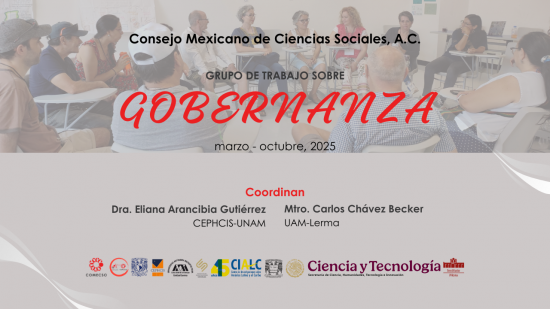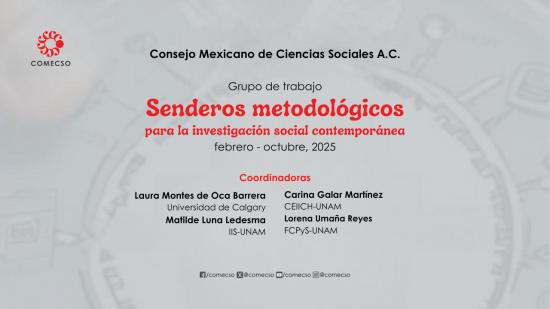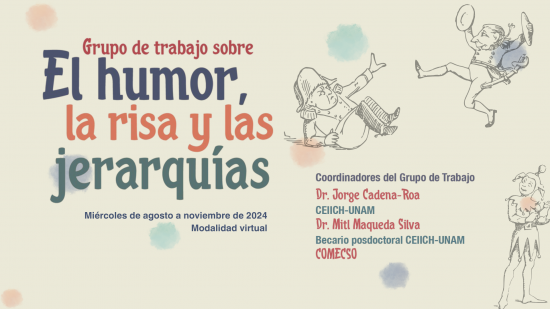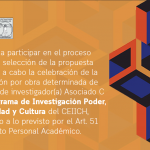Conflict theories and philosophies of peace
Conflict theories and philosophies of peace. 100 years after Georg Simmel’s Der Konflikt der modernen Kultur
Georg Simmel is one of the founding fathers of the modern theory of conflict, thanks to sociological researches strongly inspired by his Lebenphilosophie («philosophy of life») and the related dual conceptualization of ego and culture (the tragic opposition between Life and Form). Der Konflikt der modernen Kultur (1918) seals this original path.
“The conflict is not there to be solved” can be considered the aphorism which summarizes Simmel’s idea of a not conciliatory dialectics where each pole, including the negative one (Alter, the different, the excluded, the marginal, etc.), plays a role only reserved to him, namely that of dialoguing with the other one in a state of complementarity. There is no starting unity – a good original nature or a romantic peace stability that at some point would be broken so that, once settled, the conflict could be restored. On the contrary, it is the becoming of ever-conflicting opposites that produces a common reality. Individuals, groups and institutions are built within a dense «web of conflicts» that produces «unity among differences», which will be questioned in turn. Hence the theoretical proposal: what is common, peace, is not only gained by eliminating the negative component (the evil, selfishness, diversity, etc.), nor by increasing the positive component (the good, charity, altruism, material and/or economic subsidies, etc.); it results instead from the management of forces that are both constructive and destructive, cooperative and selfish. Conflict flows in the tiniest spheres, giving matter to both individual and collective life («conflict is the school of the ego»). Simmelian method implicitly calls for a non-violent rationality, aimed at reaching a ‘modest amount of conflict’ or intolerance, in order to preserve a relatively ‘sufficient’ degree of peace or social integration.
This original conceptualization of conflicts, ranging from everyday life to the whole society up to inter-state relations, reflects the historical consciousness of the transition from the era of great certainty to the current one of unfounded certainties. Such an approach inaugurates a third path with respect to pivot theories of Positive and Negative Peace, allowing to assess their explanatory power. According to Negative Peace Theories conflict has to be eliminated, finding turn-by-turn mediation, rights or social reforms, charity or empathy as suitable means. Here we find all the Theories of Peace as absence of war and violence, and those spiritualistic philosophies of peace adopting harmony-stability as the primary principle to be re-built or re-discovered: by fighting the evil, in the end, the evil will have to reunite with the good, as in the ideas of ‘just’ war, purification or redemption. According to Positive Peace Theory, instead, conflict is beneficial and must break out, harmony is to be constructed and struggles are essential means for social change. The final aim of those conflictive theories and spiritualistic philosophies of peace is to create a harmony to come, a new order (within couples and groups, in social and industrial relations, in political communities, and so forth) which is utopian and thus not clearly defined.
Having this in mind, Scienza e Pace / Science and Peace invites scholars with different disciplinary backgrounds to send papers which:
– address the dissemination and overcoming of the “web of conflict” theory, with a special reference to new conflicts (in everyday life, within and between groups, intercultural, political, environmental, international, ethical, religious, etc.) and the individualization/society relationship;
– reconstruct the genealogy of Simmel’s theory of conflicts within its historical, political, economic and cultural context.
Instructions for authors
In order to respond to the call, please send to the Editorial Committee by e-mail a manuscript in Italian, Spanish or English, in compliance with the Editorial guidelines of the journal, by 30 April 2018. The manuscript will undergo thorough a double-blind peer review process. For any further queries, please contact the Guest Editor of the monographic issue, Tiziano Telleschi.
[Texto tomado de Science and Peace]
Te puede interesar

Publicaciones del COMECSO
Roberto Holguín Carrillo - Ene 08, 2025Este espacio reúne la gran mayoría de la producción editorial de nuestra asociación. A lo largo de casi cinco décadas,…
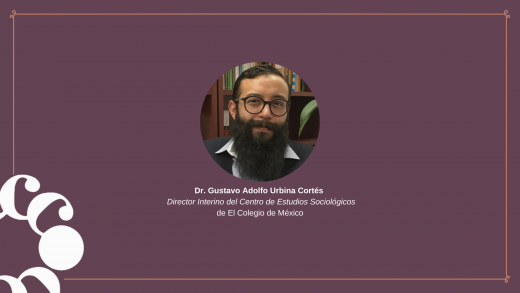
COMECSO felicita al Dr. Gustavo Adolfo Urbina Cortés
comecso - Mar 14, 2025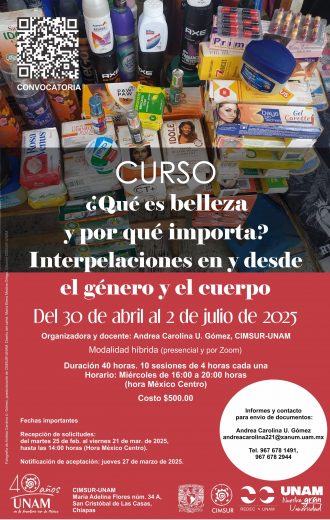
¿Qué es belleza y por qué importa? Interpelaciones en y desde el género y el cuerpo
Laura Gutiérrez - Mar 14, 2025Universidad Nacional Autónoma de México, Centro de Investigaciones Multidisciplinarias sobre Chiapas y la Frontera Sur, Educación Continua Curso ¿Qué es…

Inteligencia artificial y su impacto en las políticas públicas y la economía Global
Laura Gutiérrez - Mar 14, 2025Inteligencia artificial y su impacto en las políticas públicas y la economía Global Número 137 | Año 38 | Enero-Junio…



